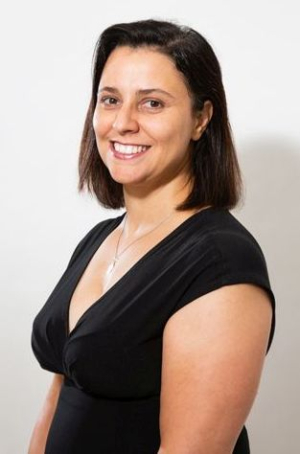A professor at the University of Houston's Cullen College of Engineering has received a grant to explore new filtration methods by recycling date pits to help with the sustainability of the water supply in Qatar.
Dr. Debora Rodrigues, an associate professor of Civil & Environmental Engineering, will be working with Dr. Mohammad Al-Ghouti of Qatar University on the project, “Novel composite materials for water treatment: elimination of multiple contaminants from groundwater using membranes impregnated with ionic liquid phase and non-noble metal/cellulose nanocrystals.”
The total grant is for $599,975, with Al-Ghouti serving as the PI in Qatar and Rodrigues as a co-PI in the United States. The grant amount for UH is $164,402. The research is scheduled to be completed over the next three years.
According to the grant's authors, Qatar has a goal of becoming the most self-reliant and sustainable country in the Middle East. Part of that is expanding its farming industry and agricultural efforts, which requires more water and conserving the existing water. Groundwater is used for about 92 percent of these activities, and usage is about 30 times the average recharge rate. This has led to a “dramatic drop” in the groundwater table and the salinity of the water supply.
“Since TWW [treated wastewater] and groundwater resources are predicted to be the most accessible and available in the near future in Qatar, it is essential to develop novel treatment approaches that are low-cost and environmentally-friendly to improve the current poor quality and quantity of these water sources in Qatar,” the authors wrote in the grant proposal. “The newly developed technique should ensure: (1) treatment and reuse of groundwater for agricultural activities (2) safe reuse of TWW for groundwater recharge.”
The research by Rodrigues, Al-Ghouti and their colleagues will attempt to develop new filtration methods by using date pits, a significant waste product in the region. Cellulose from the date pits will be combined with metal particles to hopefully enhance existing filtration efforts.
Rodrigues said she has worked with Al-Ghouti on other water projects in Qatar, and that experience and expertise from working together led to the development of this grant proposal.
